 Research Update
Research Update
09
NovemberOn November 5, the “China-US Relation Under New Situation: Challenges and Responses” Seminar, organized by Center for Research on International Strategy of NADS has been held in 123 meeting room in Guoxue Hall, Renmin University of China.

Many experts and scholars whose expertise in international relations from Renmin University of China, Peking University, Chinese Academy of Social Sciences, China Institutes of Contemporary International Relations, and University of International Relations attended this meeting. The conference was divided into two sessions, moderated by Prof. Fang Changping and Prof. Yin Jiwu respectively.
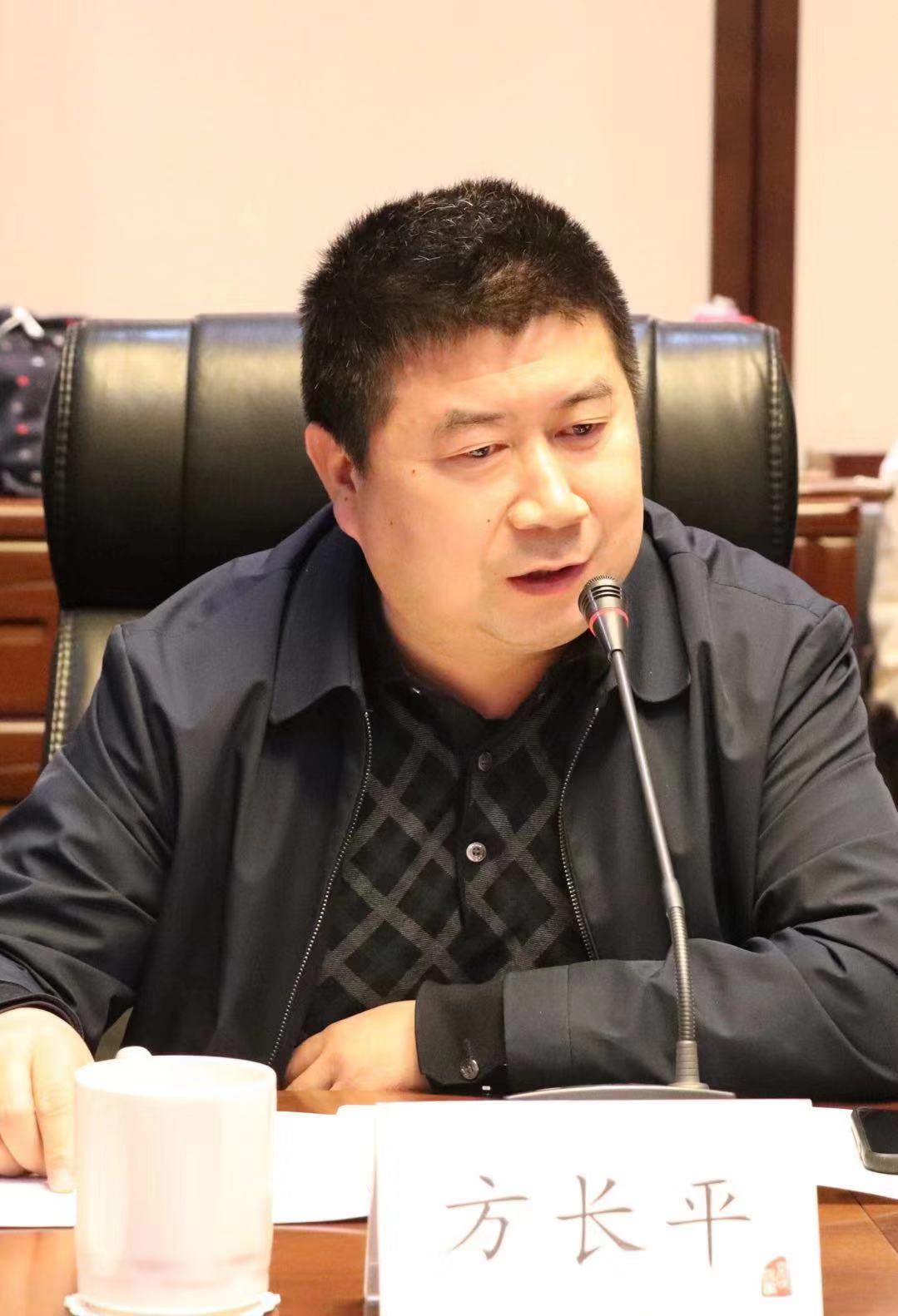
Fang Changping, Director of the Center for Research on International Strategy of NADS and Associate Professor of the School of International Relations RUC, pointed out in his keynote speech that the US mid-term elections will begin on November 6. Both domestic and foreign governments are paying close attention to this election in the United States. The reason behind this is that Trump’s internal and external policies have had a huge impact on the international community since he took office and people hope that American domestic politics has formed some kind of checks and balances after this election. Especially for Chinese academics, under the pressure of China-US relations facing transformation, it is hoped that the mid-term elections will have some positive impact on the US's China policy. Of course, Fang Changping also believes that because of the current structural pressure of Sino-US relations, under the background that the two parties in the United States have basically reached a consensus on the issue of relations with China, we should carefully evaluate the impact of the results of the midterm elections on Sino-US relations. Therefore, he hopes that in the meeting, the current and future challenges of Sino-US relations will be evaluated systematically and recommendations will be made on possible future measures for China.

Prof. Da Wei, Assistant to President of the University of International Relations, pointed out that the uncertainty of the global world order and the uncertainty of the United States pose a double challenge to Sino-US relations. He reviewed the history of Sino-US relations and pointed out that the changes in Sino-US relations are not only the problems of the government policies of the two countries, but also affected by the global world order. In the view of Professor Da Wei, the uncertainty of the United States includes both the uncertainty of the Trump administration itself and the loosening and retreating of the liberal international order and choice of the United States. Professor Daxie believed that in the face of the current strategic environment, China should be a relatively clear and temperate party in Sino-US relations, and make cautious judgments on the strategic environment and strategic opportunities.

Li Wei, Deputy Director of the Center for Research on International Strategy of NADS and Professor of the School of International Relations RUC, analyzed the new changes in the Chinese economic environment, especially the transformation of the pattern of china’s global trade. His speech includes three aspects, new moves since Trump took office, impact on China by trade war and China’s responses recently. He pointed out that Trump had done some big things, including successful negotiation of US-Canada-Mexico free trade zone, revising the US-Korea free trade zone, strengthening “Rules of Origin”, proposing “poison pills terms”, boycotting WTO, decoupling China-US economy, and negotiating US-Japan-EU FTZ. Based on the full evaluation on overall environment of global economy, China has to make clear of the changes of external economic environment and take targeted measures.
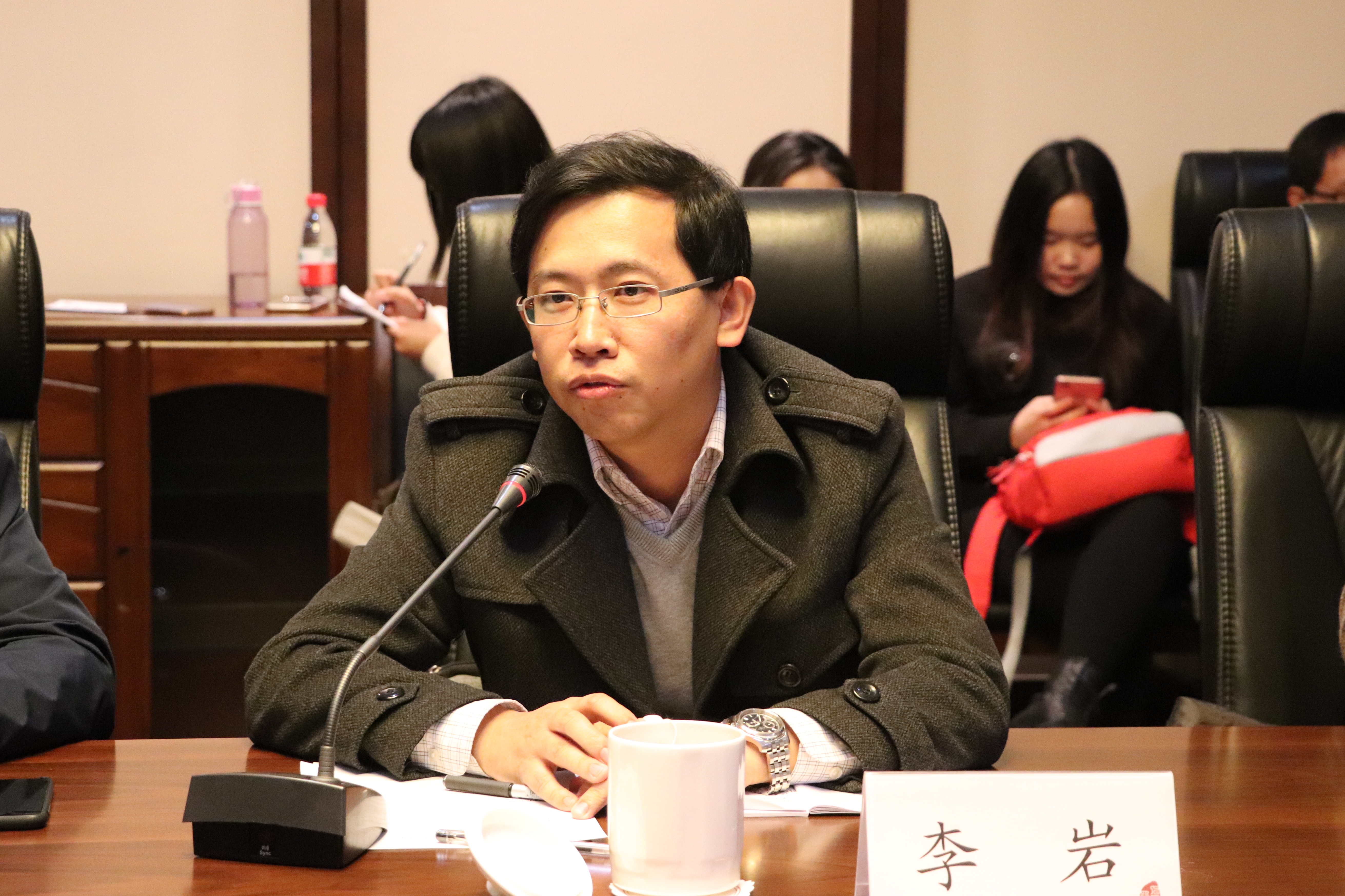
Adjunct Research Fellow Li Yan, Deputy Director of the America Institute of China Institutes of Contemporary International Relations conclude the three major challenges in US-China: first, the trend of US-China relation has been changing gradually which generally accord with China’s development; second, there is a risk for US-China economy decoupling; third, in the next few years, US-China relation will operate under the no consensus, no anchor and no trust. He believed that we should develop competitive mind and pay attention to strategic planning and resources allocation.
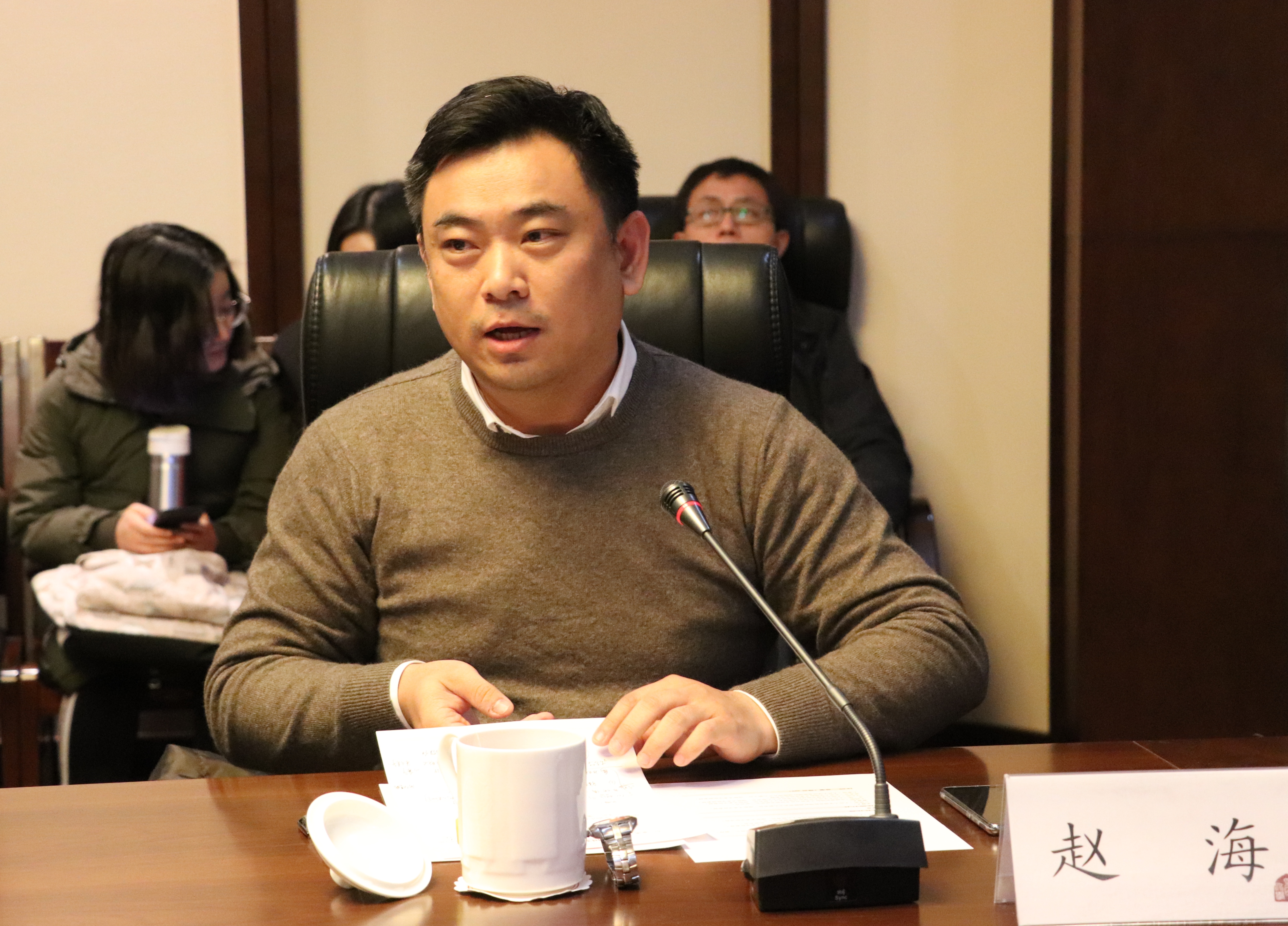
Zhao Hai, Assistant Research Fellow of Institute of Economy and Politics of CASS analyzed the current background from four aspects, return of politics, return of geopolitics, return of regional economy and return of alliance. First, due to the negative effects of globalization, "politics", especially domestic politics, has returned on a large scale. China has become a target in the US internal struggle. Populism and identity politics have also triggered the turmoil in the Western world. Second, with the advancement of China's “One Belt One Road” strategy, geopolitics has become extremely prominent. Third, the economy has been affected by political influence and has begun to separate, resulting in the return of the block economy. Fourth, potential alliances are emerging and alliance politics has returned. Dr. Zhao Hai pointed out that we live in the era of historical return and need to grasp the general trend of the times in the context of the transformation of China and the United States.
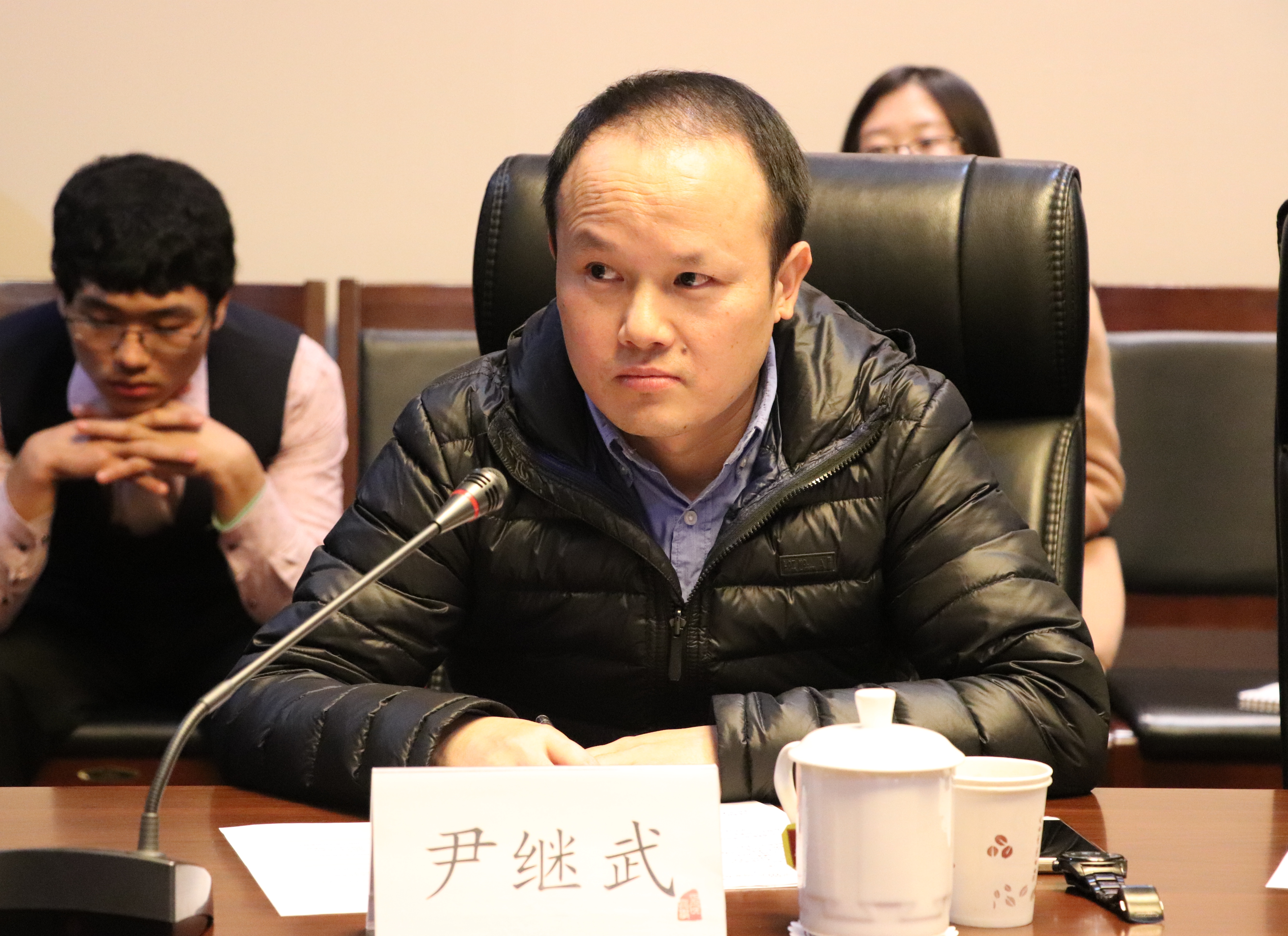
Yin Jiwu, Research Fellow of Center for Research on International Strategy of NADS and Professor of the School of International Relations, analyzed the changes in US-China relation from strategic interaction, timing and leaders: first, national strategic inheritance and our party’s view on the other will affect other party’s view on ours. Second, it is necessary to grasp the timing during the development of US-China relation. Third, face-to-face diplomacy will help leaders to understand the counterpart’s intentions and avoid strategic misjudgment.

Li Chen, Research Fellow of Center for Research on International Strategy of NADS and Lecturer of the School of International Relations, pointed out that it is not proper to describe current status of China-US relation with the origin and escalating process of cold war. He analyzed the transformation of the relation from the perspective of situation security. In the strategic level, the competition between china and US is the long term game without breaking out all-around confrontation. In the tactical level, deliberately provocative “navigation freedom” in the past had been escalated into showing muscle action in the important field in a more intensive and lager-scale way.
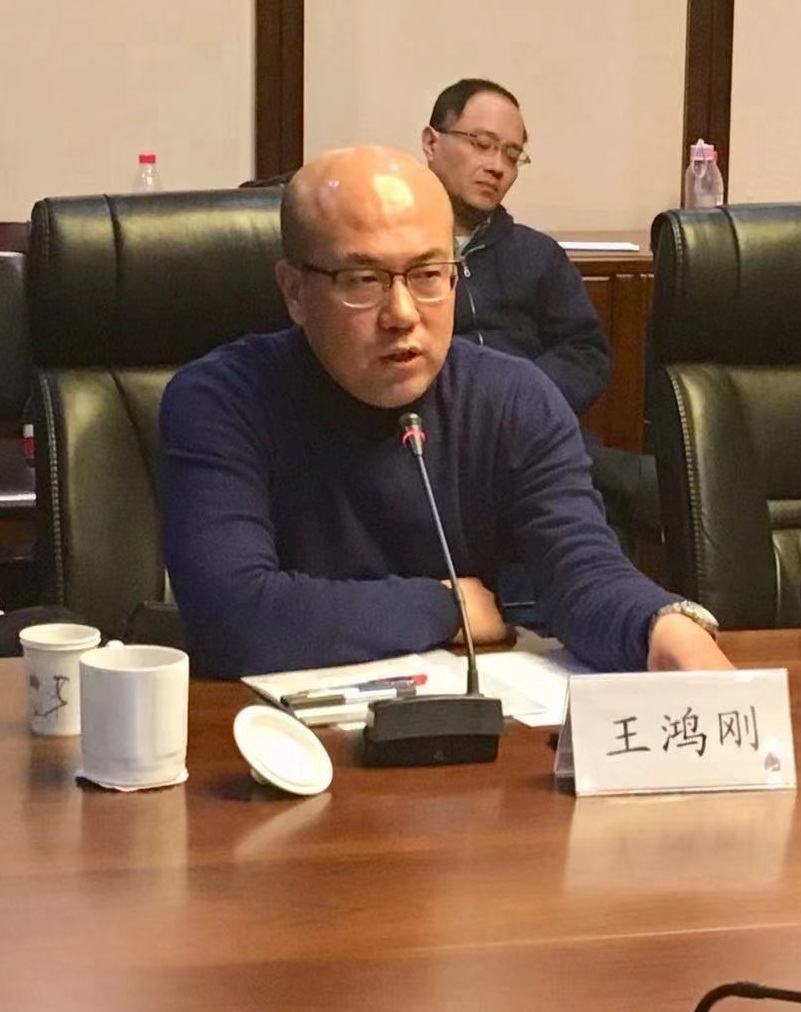
Wang Honggang, Director of the America Institute of China Institutes of Contemporary International Relations has made a few judgments on the transformation of China-US relation. First, the discussion on China policy in the US will exist persistently and the strategic competition between China and US will continue to escalate. Second, it will beyond imagination of the ceiling and bottom line of China-US relation in the future and it is a long way to inform new strategic structure. Third, for China, on the one hand, the changes in the China-US relation will bring many challenges, such as it happened in the critical period of China’s transformation, lack of consensus between two countries, and weak competitive sense and competitive capability of China. On the other hand, new strategic opportunities are on the way, which is mainly about reform providing relatively equal opportunities for countries.

Song Wei, Research Fellow of Center for Research on International Strategy of NADS and Professor of the School of International Relations, believed that we should regard the optimistic message in the China in an objective way. He pointed out that at present, China’s exports to the United States are not falling, but this is because a large proportion of China’s exports are exported in advance. In addition, China has some difficulties in using the huge market to check and balance the United States. Finally, the checks and balances of the Democratic Party may complicate matters, and the Trump administration’s China policy is unlikely to change dramatically. Professor Song Wei advocates a correct view of Sino-US relations. China needs to make flexible choices on how to solve the problems faced by China-US relations.

Diao Daming, Research Fellow of Center for Research on International Strategy of NADS and Associate Professor of the School of International Relations, has analyzed the US midterm elections from three aspects. First, the mid-term elections reflected the current trend of American politics. Second, he believed that the mid-term elections may be a battle for basic disk and will not loosen the preference of key disk for the Republican Party. Third, there are still a lot of uncertainties in the domestic politics of the United States, but China can actively shape it without interfering in the internal affairs of the United States.

Qi Haotian, Assistant Professor of the School of International Studies of Peking University, analyzed the transformation of military preparation of China and US. First, The United States has misjudged the military strategic situation for a long time after the Cold War and is currently adjusting Sino-US military relations. Second, China is not a "curve overtaking" in defense technology. The current progress is the result of the accumulation of efforts over the past two decades. Third, too much emphasis on the concept of military competition will create a misunderstanding. In the future, China needs to be more proactive in thinking about how to control a new round of military preparation interaction.

Zuo Xiyin, Deputy Director of Center for Research on International Strategy of NADS and Associate Professor of the School of International Relations, analyzed the changes and challenges in the China-US relation from three aspects. First, from the perspective of the strength comparison of China and the United States, China’s power development has reached a period of qualitative change, and the United States began to reassess China. Second, the cognition of China and the United States has undergone important changes. Third, the Trump administration’s diplomatic approach has also undergone important changes. He has adopted a strategy of extreme pressure and is more daring to use the power of the state than the previous leaders. In this regard, China needs a large macro-learning and macro-framework to form a unified strategy in the process of formulating policy policies.
This seminar focused on Sino-US relations under the new situation. The guests analyzed and discussed the challenges and coping strategies faced by Sino-US relations from different perspectives. The atmosphere was lively. Teachers and students from various universities and media reporters attended the seminar.